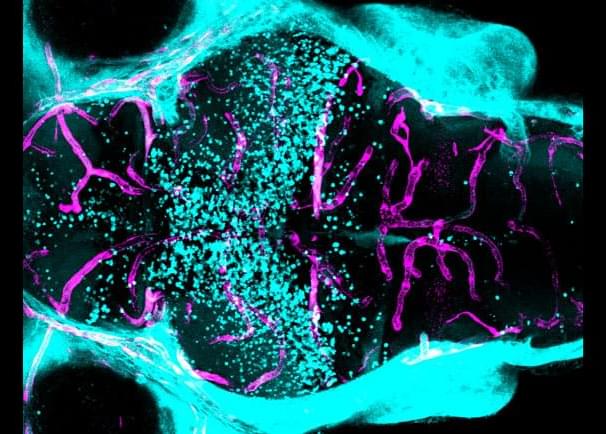Jul 14, 2023
What makes US Precision Guided Missiles “FLOP” In Ukraine?
Posted by Raphael Ramos in categories: innovation, military
Electronic warfare systems are now able to jam precision guided weapons.
In the midst of ongoing conflict, Ukrainian forces are leveraging US-supplied glide bombs to their advantage. This video delves into the use of two distinct glide bombs: the GLSDB (Ground-Launched Small Diameter Bomb) and the JDAM-ER (Joint Direct Attack Munition-Extended Range). However, these American-made guided weapons are facing challenges due to Russia’s electronic interference, impacting their precision and effectiveness.
Continue reading “What makes US Precision Guided Missiles ‘FLOP’ In Ukraine?” »


















